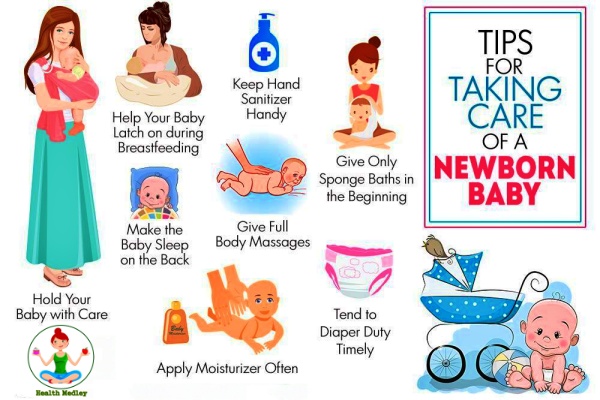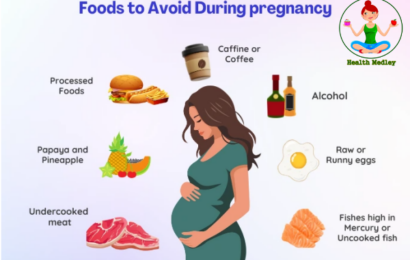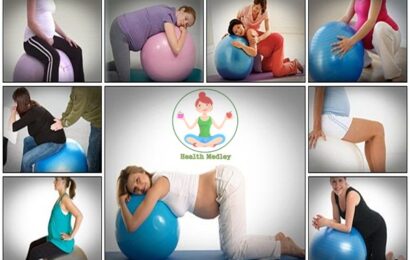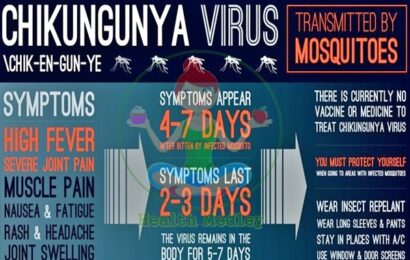A child, when comes into the world, is a bundle of joy and apple of everyone’s eyes. A newborn baby is fragile, weak and needs utmost care. You survived 9 months of pregnancy, survived the excitement of giving birth to a new life and once you head home with your baby, you have to take care that your baby gets all the care and love that he deserves to blossom into a healthy being. Most nervous first time parents don’t know much about how to take care of the health of new born baby.
Top 6 Parenting Tips to Taking Care of Health of New Born Baby
A newborn baby is so sensitive that even a little change in weather or atmosphere, can make him/her prone to diseases. He can easily catch infection because his immune system is not that strong and resistant to infections.
Getting Started with Some Help
First-time parents have no idea as for how to handle a baby, how to feed him, make him burp, etc. and in this situation, it is advisable to take help of local nurses or consultants who will guide you through these little but very important things which are supposed to be taken care of.
Many hospitals have feeding specialist and lactation consultants who will guide you through your baby’s feeding routine and jot down the time frame within which the baby has to be fed a certain amount of milk.
Getting in help would be a wise step because, till the time you are in the hospital, there are a number of people out there to take care of your baby, but once you step into your home, you are all by yourself. In –help would be there to assist your baby for a short time after your baby’s birth.
Bonding with the New Born Baby
Negligence and lack of bonding with the baby can cause the baby to behave abnormally. Emotional-soothing and care are the first and foremost step while handling your new born baby. It is one of the initial aspects of baby-care. Once baby attains emotional growth, it eventually affects the development of other aspects of the baby.
Cradling your baby or gently stroking him or ‘skin to skin’ touch can develop an emotional bond and will soothe the baby as well. Gentle baby-massages have been in practice since old days as it aids in the development of strong bones and overall growth of the child. Also, it helps in bonding with the baby.
Cleanliness and Sanitisation Issues
A new born baby’s immune system is not strong enough to resist even little infections and is prone to diseases. It is necessary to use hand sanitizer before handling your baby or before feeding him otherwise they would be susceptible to infection. Not only the mother, in fact, all other people who come into contact with your baby, need to use hand sanitizer and make sure that they are germ-free. Baby’s hygiene is of utmost importance.
Giving a good bath is also important to keep your baby neat and tidy. Make sure you use mild shampoos and soap as the skin of a newborn is very sensitive and a harsh shampoo might lead to rashes on the skin.
Baby’s cord usually falls off after a few weeks of his birth and special care has to be taken. The cord should be cleaned every time baby’s diaper is changed. The area around the cord should be cleaned frequently using a soft cloth which would prevent any infection.
Sterilizing the equipment which the baby is using is equally important to prevent any infections. The feeding bottles and other items should be boiled (sterilized) before put to use. Baby’s diaper should be changed frequently because of a wet and dirty diaper, when wrapped around for a long time, may cause red rashes which are quite painful for the little baby.
Handling the Baby
It is necessary to take care of how you handle and carry your newborn as he is a fragile, little thing. Make sure that you support your baby’s neck and head before you carry him in your lap or lay him down. The newborn should not be shaken whether for fun or in anger because that might damage the baby’s weak and fragile bones and muscles.
Any activity which is too rough should be limited. It should be made sure that your baby is ready for any play like jiggling him or shaking him. You should never wake your newborn in a rough manner. Either gently rub his cheek or tickle his feet.
Feeding and Burping the Baby
It is necessary to identify with a clue that the baby is hungry when he starts to cry or behave abnormally. A newborn baby has to be fed every 2-3 hours. Babies often swallow air during feeding, which can make the baby fussy and irritable. The baby should be made to burp to prevent any fuss. Always burp your baby after the feeding time is over and the baby should be kept upright after feeding so that it prevents him from spitting up.
Sleeping Basics
The newborn usually sleeps for a period of 2- 4 hours. Baby’s digestive system needs nourishment every 2-3 hours and they should be awakened if they haven’t been fed anything for a long time. The baby’s cradle should be free from any heavily-stuffed toys or fluffy pillows as the baby might get tangled in them during sleeping or might suffocate.
Most of the newborns are awake at night so it is better to keep simulations low at night. For example, the lights should be kept low so as to let the baby develop his own sleeping cycles and patterns. In the beginning, it might be a bit messy and difficult to handle a newborn, but as the time will pass, you will develop your own parenting routine and you would no more be a novice; in fact, you would be a parenting pro!
Our Views
Beginning of anything new is full of doubts and misconceptions, but once you are through it, you will be more than happy to realize that all your efforts were worth it and your baby is healthy, jolly and growing into a fit and wholesome being.








